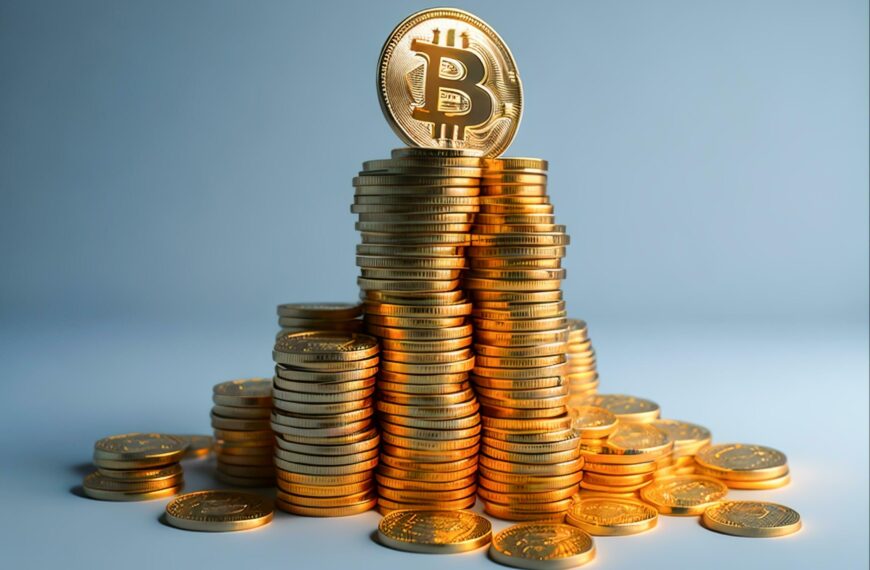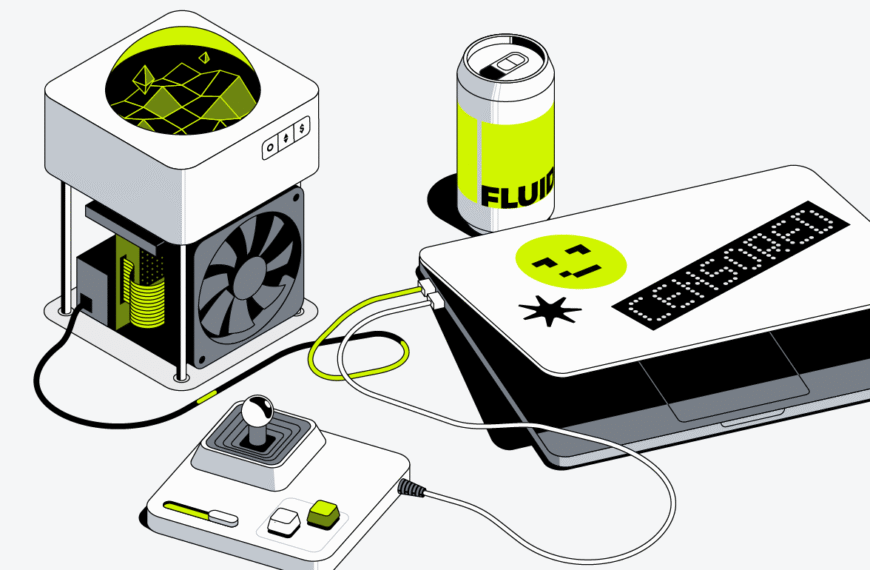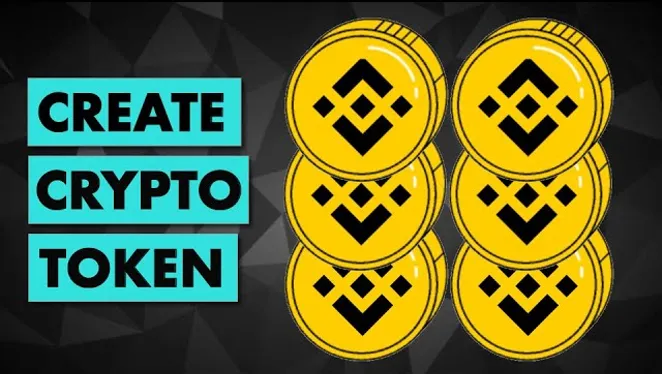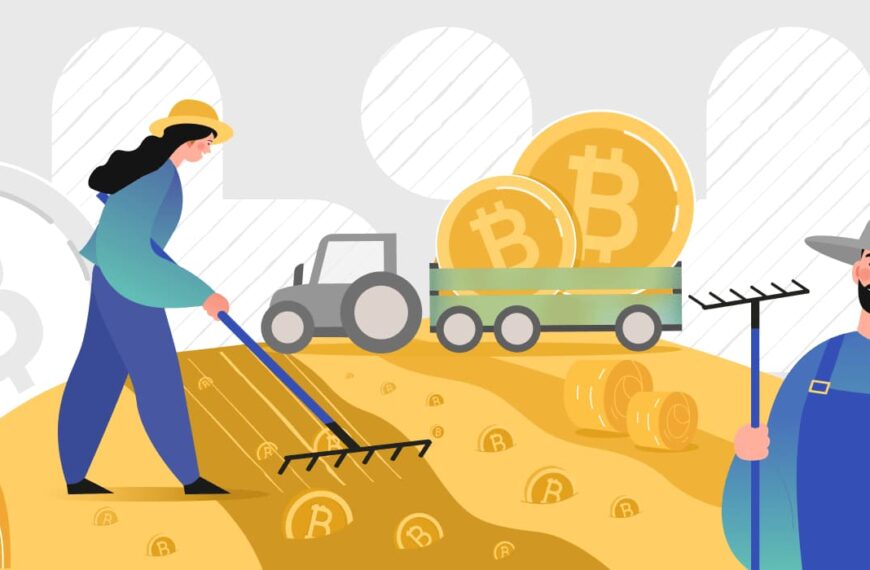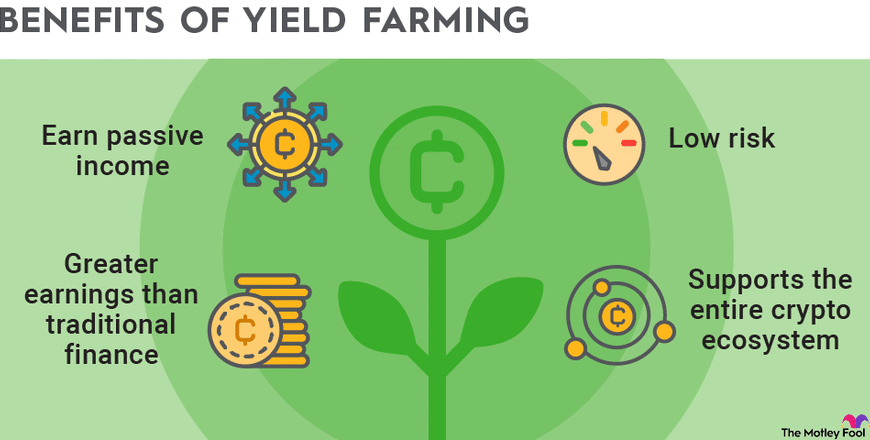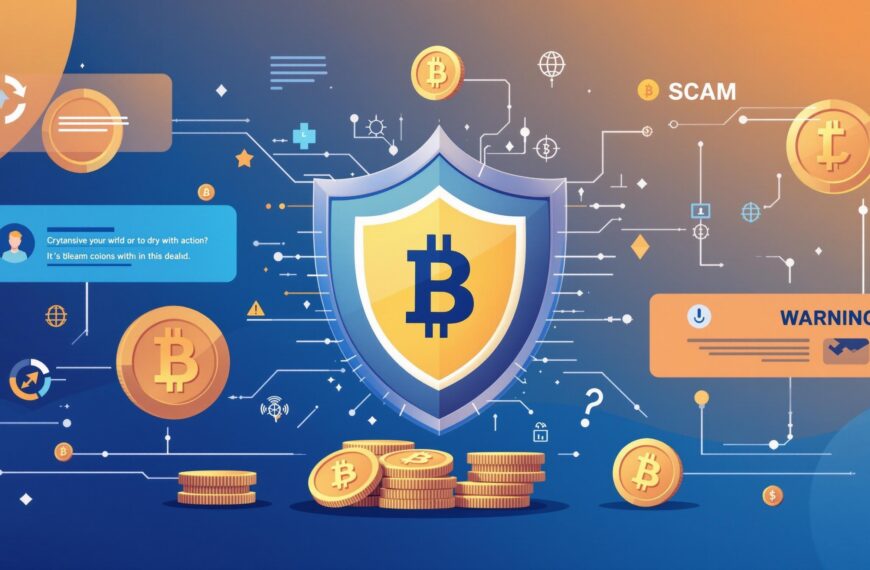Cryptocurrency is booming — but so are the scams. Whether you’re a beginner or a seasoned investor, crypto scams in 2025 have become smarter, sneakier, and more dangerous than ever. In this guide, we’ll break down the most common scams, how to spot them, and what to do if you ever fall victim. Let’s protect your crypto journey together 💪

Table of Contents
💡 What Is a Crypto Scam?
A crypto scam is any fraudulent scheme that tricks you into sending cryptocurrency or revealing sensitive wallet information. Unlike traditional bank fraud, crypto transactions are irreversible — once your funds are gone, they’re usually gone for good.
🔥 Top Crypto Scams to Watch Out For in 2025
1. 💘 Romance & “Pig-Butchering” Scams
Scammers build fake online relationships on dating apps or social media. Once trust is built, they convince victims to invest in fake crypto platforms. You might even be allowed to withdraw small profits at first — but it’s all part of the trap.
Red Flags:
- Fast-moving relationships
- Refusal to video call
- Requests for crypto “investments” or “fees”
2. 👮 Impersonation Scams
Scammers pretend to be from the IRS, police, or even your bank. They claim you owe money and demand payment in crypto — often via a crypto ATM.
Red Flags:
- Urgent threats (jail, fines)
- Payment only via crypto
- Caller ID spoofing
3. 📈 Fake Investment Managers & ICOs
You’re approached by someone claiming to be a crypto expert or fund manager. They promise high returns and show fake dashboards. Once you invest, your money is locked or “fees” are demanded to withdraw.
Red Flags:
- Guaranteed profits
- No whitepaper or team info
- Pressure to invest quickly
4. 💼 Remote Work Scams
You’re offered a “crypto job” that pays in tokens. But to start, you must send crypto to “activate” your account. You may even earn small amounts at first — until they ask for more and vanish.
Red Flags:
- Payment only in crypto
- Confusing compensation structure
- Upfront deposits required
🧠 How to Avoid Crypto Scams
Here’s your personal anti-scam checklist ✅:
- Never send crypto to someone you haven’t met in real life
- Don’t trust unsolicited messages on WhatsApp, Telegram, or email
- Avoid “too good to be true” investments
- Always verify websites and wallet addresses
- Use reverse image search to check if someone’s profile photo is fake
- Don’t pay taxes or fees to unlock crypto — that’s a classic scam move
- Stick to official project websites for airdrops or giveaways

🛑 What NOT to Do If You’re Scammed
If you’ve already sent crypto to a scammer, don’t panic — but don’t make it worse:
- ❌ Don’t hire “crypto recovery” companies — many are scams themselves
- ❌ Don’t send more money to unlock your funds
- ❌ Don’t share your private keys or seed phrases with anyone
🕵️ What TO Do If You’re a Victim
- Report to your local police
- File a complaint with the FBI (include wallet addresses + transaction hashes)
- Contact your state’s Attorney General
- Use blockchain explorers to track transactions (Etherscan, BSCScan)
- Warn others by reporting scam websites to watchdogs like Chainabuse
To start your journey in crypto, 👉 Create Your Binance Account Here
— The world’s leading crypto exchange trusted by millions 🌍 Buy, sell, and trade cryptocurrencies safely, and access features like spot trading, staking, and airdrop participation — all in one place 🔐 > Start with just ₹100 and explore the future of finance today.
🧨 List of Known Scam Websites (Avoid These!)
Here are some confirmed scam sites reported by authorities. If you’ve interacted with any of these, report it immediately:
creditcoin.ccstakesecured.comnovatechfx.combitcenter-us.comcoinurs.comdefiweb3-eth.combitprimefx.comcoinassetcorp.combitopro-ca.comesteemoptions.ioxploitfxtrade.compatagonia-trade24.finance- …and many more
> ⚠️ Scammers often rebrand and launch new domains. Always double-check URLs before investing.
🧾 Key Crypto Terms (Quick Glossary)
- Wallet Address: Your public crypto address (like your email for crypto)
- Private Key: Your secret password — never share it!
- Blockchain: A public ledger that records all crypto transactions
- ICO: Initial Coin Offering — like a crypto IPO
- Rug Pull: When a project’s creators vanish with investor funds
🛡️ Final Thoughts: Stay Smart, Stay Safe
Crypto is powerful — but with great power comes great responsibility 🕸️ Scammers are evolving, but so are we. By staying informed, skeptical, and alert, you can enjoy the crypto world without falling into traps.
> 💬 Bookmark this guide, share it with friends, and help build a safer crypto community.
“Want to earn free tokens safely? Don’t miss our 2025 airdrop strategy guide.”
⚠️ Important Disclaimer
Please note that I am a human and human can make mistakes and this information is for educational purposes only. Nothing in this article should be considered financial or investment advice. Cryptocurrencies are volatile and involve substantial risk of loss. Always do your own research before making any investment decisions. Consult with a qualified financial advisor for personalized guidance.
Please Note:-
CryptoView.live may contain links to third-party websites or external resources purely for informational purposes. We do not control or endorse the content, accuracy, or offerings of any third-party site linked within our platform. Visitors are strongly encouraged to conduct their own research before engaging with any services or content mentioned. The views expressed on CryptoView.live do not constitute financial advice and reflect the opinions of the authors, not necessarily those of the platform itself.
❓ Frequently Asked Questions (FAQs) About Cryptocurrency Scams
What is a cryptocurrency scam?
A cryptocurrency scam is a fraudulent scheme designed to steal your digital assets or sensitive information. Scammers use fake investment opportunities, phishing websites, or emotional manipulation to trick victims into sending crypto or revealing private keys.
How can I identify a crypto scam?
Look out for these red flags:
Promises of guaranteed profits
Requests for private keys or seed phrases
Unsolicited messages on social media or email
Fake websites or apps that mimic real crypto platforms
Urgent demands for payment in cryptocurrency
What should I do if I’ve been scammed?
If you’ve fallen victim to a crypto scam:
Report the scam to your local police or cybercrime cell.
File a complaint with platforms like Chainabuse or the FBI (if applicable).
Use blockchain explorers (e.g., Etherscan) to track your funds.
Warn others by reporting the scam website or app.
Can lost cryptocurrency be recovered?
In most cases, crypto transactions are irreversible. However, you can:
Report the scam to law enforcement.
Use blockchain explorers to trace the funds.
Avoid “crypto recovery services,” as many of them are scams themselves.
Are crypto giveaways real or fake?
Most crypto giveaways are fake. Scammers often impersonate celebrities or companies, asking you to send crypto to “double your money.” Legitimate giveaways never ask for upfront payments.
How do I protect myself from crypto scams?
Follow these tips:
Never share your private keys or seed phrases.
Verify websites and wallet addresses before making transactions.
Avoid unsolicited investment offers.
Use hardware wallets for added security.
Stick to trusted exchanges and platforms.
What is a “rug pull” in crypto?
A rug pull happens when developers of a crypto project suddenly withdraw all funds and disappear, leaving investors with worthless tokens. Always research projects thoroughly before investing.
